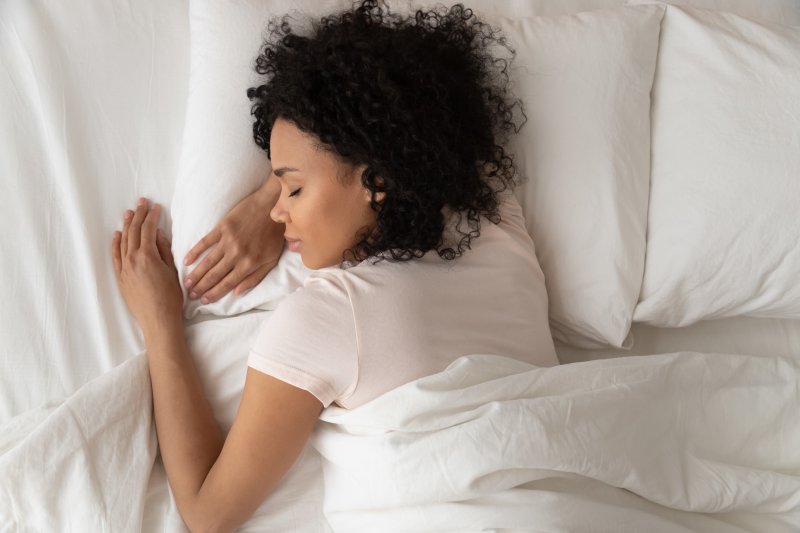
Do you struggle with sleep apnea? Are you tired of waking up feeling exhausted and worn out, and you haven’t even started the day? If so, you are one of the millions of Americans who have difficulty getting a good night’s rest, so you’re not alone. However, while that thought may or may not be comforting, you should know that there are methods available that can help you get the rest you need, such as using essential oils for sleep in State College. Find out which ones are useful and how they affect you.
What Are Essential Oils?
Essential oils are used as an alternative method of treatment for a variety of issues or problems. Using plant extract to support health and well-being, they come in many different aromas, each with their own benefits.
Most commonly, they are used in aromatherapy where the patient inhales the scent. It is also possible to directly apply the oils to the skin, which are then absorbed into the body, but it is important that they are diluted before application.
Which Ones Can Help You Sleep at Night?
With so much happening throughout the day, it can be difficult to find ways to unwind and actually get a good night’s rest. Fortunately, there are inexpensive essential oils that can be introduced at night to help your body and mind reach a relaxed state.
In fact, a 2017 study looked at how aromatherapy and acupressure massage affected sleep quality in women. Researchers discovered that essential oils proved to be more effective than acupressure.
Some of the most beneficial oils include:
- Lavender: Considered the most popular essential oil available, patients often use it as the go-to method for better sleep. Not only is it a soothing smell that can help with relaxation, but it’s often used as a way to alleviate anxiety and pain. It also has useful components that can help patients fall asleep quicker, thus, improving the amount of sleep a person gets as well as their alertness throughout the day.
- Vanilla: Vanilla isn’t just for cooking purposes. It is also great for stress relief, relaxation, and lowering blood pressure. With its ability to relieve anxiety and depression, it can improve a person’s mood in no time at all, which might explain why the smell of cookies can make anyone happy!
- Rose and Geranium: Taken individually or in combination with other essential oils, these two can reduce stress and anxiety, helping you to sleep better throughout the night.
- Jasmine: A sweetly floral scent, Jasmine has been studied at great lengths and found to be effective at improving a person’s quality of sleep and alleviating an individual’s restlessness at night. Its ability to offer a multitude of sleep benefits makes it a great option for people suffering from sleep apnea in State College.
- Sandalwood: Offering more of an earthy, woody, rich scent, Sandalwood can ease anxiety and be beneficial as a sedative, reducing the likeliness that patients will wake throughout the night. However, some patients have reported it does the opposite.
- Citrus: Just like Sandalwood, Citrus can either work as a stimulant or sedative depending on each person. While it can relieve anxiety and improve sleep, it can also work to stimulate your mind and body, helping you stay refreshed and relaxed throughout the day.
Everyone reacts differently to essential oils, so while one might work for you, another may do the opposite of what it’s supposed to. Take the time to try out these oils and discover which ones work best for your individual needs.
About the Author
Dr. Donald Marks earned his undergraduate degree at the University of Pittsburgh before going on to enroll in their School of Dental Medicine. After graduating with his dental degree, he opened his own practice in State College. Since the early 1990’s, Dr. Marks and his team at State College Dental Sleep Medicine have helped numerous patients achieve a better quality of life by providing safe and effective treatments for sleep apnea. To learn more about Dr. Marks and the services he offers, contact us via our website or by calling (814) 234-0329.
